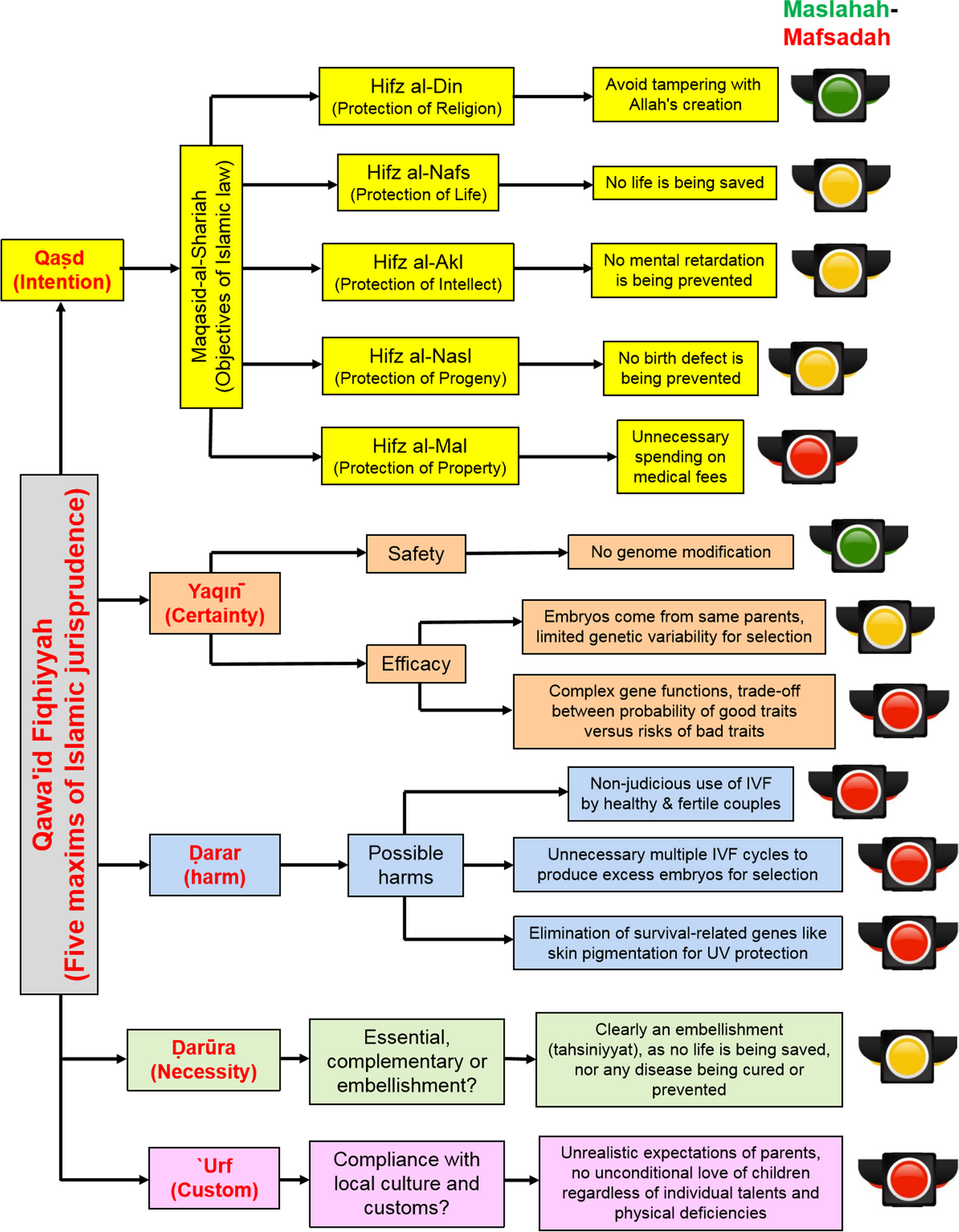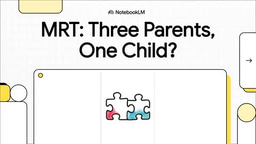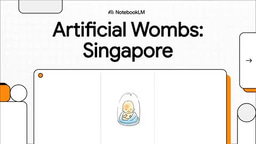Regulation of Polygenic Embryo Screening (PGT-P) in Singapore
Published in Social Sciences, Genetics & Genomics, and Pharmacy & Pharmacology
Please refer to the following journal publications:
Please also listen to the audio podcast:
Singapore should approach the approval of polygenic embryo screening (PGT-P) for clinical applications with stringent regulatory safeguards to prevent misuse, protect patient interests, and safeguard their welfare. This is particularly crucial given Singapore's reliance on assisted reproductive technologies (ART) to address its declining fertility rates and its unique sociocultural context, which may predispose its population to adopt PGT-P more readily, especially for non-disease traits.
The PGT-P technique will likely be expensive. Besides the high costs of the technique itself, additional medical fees for IVF are also required. Healthy and fertile couples might deliberately and unnecessarily choose to conceive via IVF to avail themselves of embryo selection by PGT-P for optimizing the health and intelligence of their offspring. Social pressure may make resisting such predictive genetic testing difficult if it becomes trendy. Prospective parents might feel guilty for not utilizing PGT-P to give their offspring the best start in life. As a result, many prospective parents desiring two or more children may ultimately decide to have just one superior “genetically optimized” child due to the high costs involved.
The proposed safeguards are based on the assumption that PGT-P's efficacy will eventually be validated, though current efficacy remains uncertain. Key recommendations include:
1. Restrict application of PGT-P only for the prevention of clinically relevant polygenic disease traits. Singapore should ban the use of PGT-P for selecting non-disease socially desirable traits, such as high intelligence (IQ), tallness, fair complexion, or athletic ability.
The rationale for this restriction is multi-fold:
▪ Preventing social inequality: Widespread application for genetic enhancement could lead to a permanent stratification of society into "genetically advantaged" and "disadvantaged" groups, accessible only to the wealthy.
▪ Avoiding psychosocial problems: Parents might develop unrealistic expectations of their "specially selected" offspring, and children might feel unloved unconditionally.
▪ Mitigating health risks and unnecessary procedures: Permitting enhancement could encourage healthy and fertile couples to undergo expensive and invasive IVF procedures, which carry inherent health risks for offspring, solely for enhancement purposes. Such procedures should be strictly for infertility treatment.
▪ Preventing further decline in birth rates: The high costs associated with PGT-P and IVF for "optimizing genetic quality" could deter prospective parents from having additional children, leading them to settle for one "genetically optimized" child.
▪ Avoiding controversy: Human enhancement is a highly divisive issue in bioethics.
2. Securely block patients’ access to the raw genomic DNA sequencing data of their IVF embryos.
◦ This measure aims to prevent a "slippery slope" scenario, where patients could exploit access to raw data to secretly or illicitly select for non-disease socially desirable traits or the sex of their embryos, potentially by sending the data to more liberal jurisdictions overseas.
◦ A proposed solution is to maintain a single, centralised, government-controlled public genetic testing laboratory facility for IVF embryos, such as the one at the National University Hospital. This model would restrict information sharing with patients, including the sex of embryos, which is currently banned for non-medical reasons in Singapore due to concerns about gender imbalance.
◦ Patients should be informed and made to sign a consent form acknowledging they are paying only for a diagnostic service to prevent specific polygenic diseases, not for ownership of the raw DNA sequencing data itself, which would belong to the state. The state, in turn, would guarantee the confidentiality of this data and prevent its commercial exploitation without consent.
3. Validate diagnosis of polygenic disease traits in the prospective parents/grandparents of IVF embryos, and restrict PGT-P only for preventing specifically diagnosed polygenic disease traits.
◦ Patients should be required to provide certified medical records confirming that at least one parent or grandparent of the IVF embryos has been diagnosed with the clinically relevant polygenic trait, such as type 2 diabetes or cardiovascular diseases.
◦ Furthermore, PGT-P should be strictly limited to testing for those specific disease traits that have been diagnosed in the family history. This means if only type 2 diabetes is diagnosed, testing for other conditions like senile dementia should not be permitted.
◦ This safeguard aims to prevent the non-judicious and unnecessary use of IVF by healthy and fertile individuals merely to optimize their offspring's health without a clear family medical history indicating a specific risk. It also simplifies choices for patients, allowing them to focus on a single, relevant disease trait.
4. Mandate rigorous and comprehensive genetic counselling for IVF patients considering PGT-P.
◦ Qualified genetic counsellors must thoroughly educate patients on the technical limitations of PGT-P. This includes explaining that it provides only risk scores, not a clear-cut prevention of polygenic disease transmission.
◦ Patients need to understand that the genetic variability within a small sample set of IVF embryos from the same parents is significantly limited, reducing the usefulness of polygenic testing for complex multifactorial diseases. This is particularly relevant for older women, who often have fewer, lower-quality embryos, further constraining selection options.
◦ Counselling should also cover the medical risks associated with IVF and embryo biopsy, including potential long-term health issues for offspring and the risk of damaging embryos during biopsy.
◦ In cases where multiple IVF cycles might be needed to increase the number of embryos for testing, doctors should decide if patients can medically proceed, even if it appears paternalistic, to mitigate medical risks. While procreative autonomy is a principle, fully informed consent must include these limitations.
Additional Considerations for Policymakers:
- Efficacy and applicability: The current efficacy of PGT-P is uncertain, and existing polygenic risk scores are predominantly derived from populations of European ancestry, raising questions about their accuracy and applicability to Singapore's predominantly Asian population.
- Cost and Social Impact: PGT-P will be expensive due to the labor-intensive nature of medical procedures and is unlikely to become affordable through economies of scale like electronic devices. Government subsidies are unlikely given the costs and that it's not essential for life or health. These high costs could exacerbate socioeconomic disparities, marginalize ethnic minorities, and even cause jealousy and resentment within families if not all children can receive enhancements.
- "Red Queen" Effect: Permitting cognitive enhancement through PGT-P could paradoxically intensify academic competition, compelling parents to spend even more on tuition for their "enhanced" children just to keep up.
- Ongoing Research: As PGT-P is an evolving technology, regulatory safeguards may require future refinements and additions, particularly regarding varying levels of disease penetrance and distinguishing between adult-onset and childhood-onset polygenic diseases.
These stringent regulations, while potentially facing opposition in Western societies focused on individual autonomy, align with Singapore's inclination to prioritize overall societal benefit over individual free choice in biomedical regulation.
Follow the Topic
-
Journal of Bioethical Inquiry

This is an international, multidisciplinary, peer-reviewed journal that publishes scholarly papers and commentary across the range of issues that arise within the field of bioethics.






Please sign in or register for FREE
If you are a registered user on Research Communities by Springer Nature, please sign in